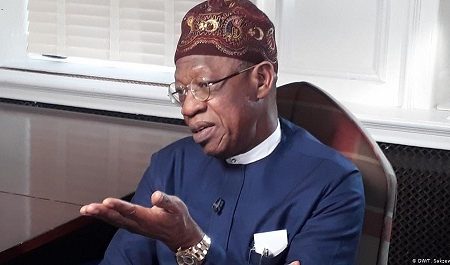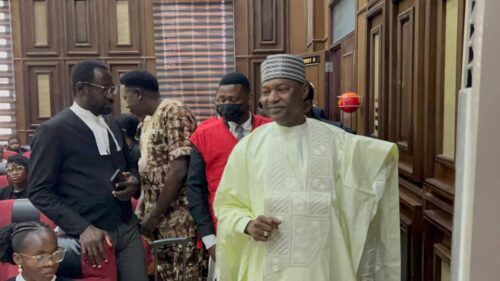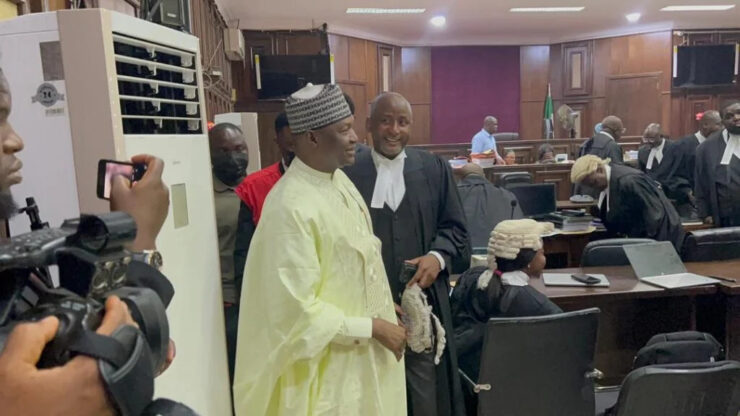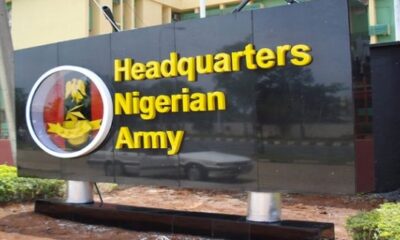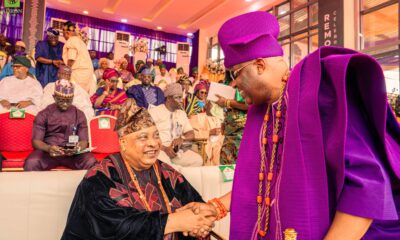Lai Mohammed, minister of information and culture, says the economic blueprint of Atiku Abubakar, presidential candidate of the Peoples Democratic Party (PDP), is a poor copy of President Muhammadu Buhari’s model.
Addressing a press conference on Thursday in Abuja, Mohammed said the solutions presented by Atiku is a “poor version of what is on ground”.
“Let’s start with infrastructure. The former vice-president said, in his Economic Blueprint, that ‘rebuilding infrastructure and reducing infrastructure deficit will enhance the carrying capacity of the economy and unleash growth and wealth creation,” Mohammed said.
“No one understands this better than this administration. Even our worst critics will agree that our record on infrastructure development is next to none in the history of this country.
“The former vice-president also promised to ‘break the jinx’ in infrastructure financing. Really? We state, unequivocally, that the worst jinx in infrastructure financing was the PDP administration from 1999 to 2015.
“Indeed, the Buhari administration has long broken that jinx, leveraging on such innovative schemes as the Presidential
Infrastructure Development Fund (which is being used to finance the Lagos-Ibadan Expressway, 2nd Niger Bridge and the
Abuja-Kaduna-Zaria-Kano road), Sukuk (which has delivered a total of 1,881 kilometers of roads between 2017 and 2020), and the Road Infrastructure Tax Credit Scheme.”
The minister said Abubakar’s comment that the country’s economy is bleak “is sheer scaremongering.”
“The country’s economic outlook is not bleak. Instead, the economy has been resilient, having recovered from two recessions within five years – in 2016 and 2020,” he said.
“The Nigerian economy sustained its recovery from the 2020 recession for the 7th consecutive quarter, growing by 3.54% in real terms in Q2 2022, from 3.11% in Q1 2022.”





